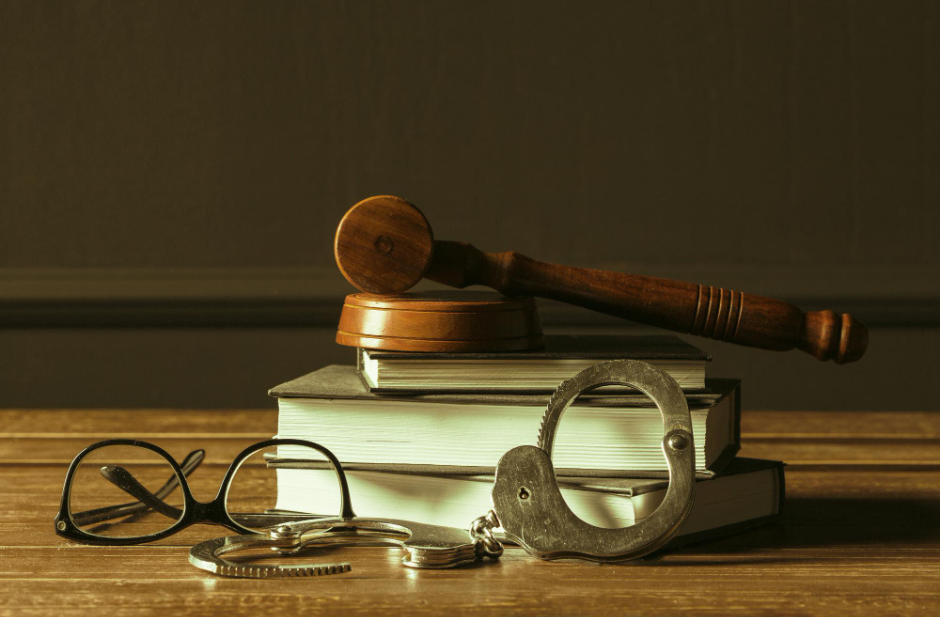Getting charged with a crime is… well, it’s rough. It’s one of those things that instantly flips life upside down. Suddenly, you’re staring at legal terms you don’t understand, imagining the worst possible outcome, and wondering what on earth you’re supposed to do next.
That’s why understanding your rights when facing charges is such a big deal. It gives you a bit of footing when everything else feels shaky.
Honestly, if you don’t know where even to start, talking to a local San Antonio Criminal Defense Lawyer can make a world of difference. At least then you’ve got someone making sure nobody walks over your rights.
Important Stages In Criminal Defense
The criminal defense process has various stages. Each of these stages has its own challenges and considerations.
Investigation phase
This is the initial stage, and here, the law enforcement collects all evidence. This is the part where most people make mistakes. You need proper legal representation that can make a huge difference in developing the case.
Arraignment
This will be your first court appearance. Here you will get to know all the formal charges and make a plea. Most people make the mistake of treating this as a simple formality, but the decisions the court makes here can make a huge impact.
Pre-trial Period
Here in this phase, evidence is discovered. It includes motion filing and negotiation for pleas. The defense attorney will look into the prosecution’s case and challenge the evidence. Moreover, they also work to protect your rights.
Understanding Your Rights When Facing Charges
Understanding your rights when facing criminal charges is important. You need to know what you can do and what the authorities can use against you. You should know that you have control over the situation.
The Right To Remain Silent
Here’s one a lot of people forget in the heat of the moment: you don’t have to answer every police question. Other than giving them your name and ID, you can zip it.
And that’s usually smart because, let’s be real, anything you blurt out can end up being twisted into evidence.
If you’re ever in that spot, a simple line like, “I don’t want to answer questions without my lawyer here,” is enough. No need to get loud about it—just calm, clear, and done.
The Right To Legal Representation
You’re entitled to a lawyer, period. And if money’s tight, the court can appoint one for you. A good lawyer’s not just there to stand beside you in court—they’ll break down the charges in plain English, look at the evidence, and help you figure out your best move.
They’ll even handle the back-and-forth with prosecutors. Bottom line: the sooner you bring one in, the better. Even little details, stuff you might shrug off, can matter big time.
The Right To Be Informed Of The Charges
You can’t defend yourself if you don’t even know what you’re being accused of. That’s why the law says you must be told the exact charges and see what evidence they’re stacking up.
Most of the time, your lawyer will ask for “disclosure”—that’s where the prosecution hands over police reports, witness notes, maybe even lab results.
The Right To A Fair Hearing
This is one of the basics. You’re entitled to a fair trial in front of an impartial court. That means your side gets heard, you can question witnesses, and you get to push back on the other side’s claims.
The judge has to stick to what’s presented—the evidence and the law—not outside noise.
The Right To Bail (In Many Cases)
Depending on what you’re charged with, you might be allowed out on bail until trial. Bail conditions aren’t the same for everyone. It could mean checking in with the police or staying away from certain people. Your lawyer’s job here is to argue for terms that let you still work, look after your family, and, well, live your life while you prep for court.
Avoiding Common Mistakes After Being Charged
Here’s where people trip themselves up. The most common slip-ups I’ve seen are:
- Chatting about the case with friends, family, or worse, posting on social media
- Trying to talk to witnesses or the accuser (bad idea)
- Ignoring bail conditions, even the “small” ones
- Saying yes to interviews without a lawyer sitting next to you
Stuff that seems harmless can absolutely backfire. Rule of thumb: run it by your lawyer first, always.
Understanding Plea Options
At some stage, you’ll have to decide: guilty or not guilty. Neither is simple, and both come with consequences.
Sometimes, working out a plea deal means lighter charges or a shorter sentence. But you shouldn’t jump into one without really looking at the evidence and possible defenses with your lawyer.
The Importance Of Seeking Legal Representation
Understanding your rights when facing charges is crucial. You need to navigate the complex parts of a criminal case, and doing that alone is quite scary. When you have an experienced lawyer by your side, things become a lot easier.
- Your lawyer will make sure that you implement your rights during questioning and legal proceedings.
- They will investigate the case and gather evidence. Moreover, they will prepare a case with all the evidence available to prove your innocence.
- They will act as your voice in court and communicate with the prosecution.
- If the case goes to trial, the lawyer will represent you in court and present the case persuasively.
Protecting Your Future
A charge doesn’t just vanish once court is over—it can affect your job, travel, even how people see you. So, understanding your rights when facing charges is important.
The best defense isn’t only about beating the case, it’s also about protecting your future. Knowing your rights and leaning on solid legal advice puts you in a much better spot.
Look, facing charges is scary. But you don’t have to stumble through it blindly. The more you know—and the more you actually use those rights—the better shot you’ve got at walking out of this with the least damage possible.
Read More:
















